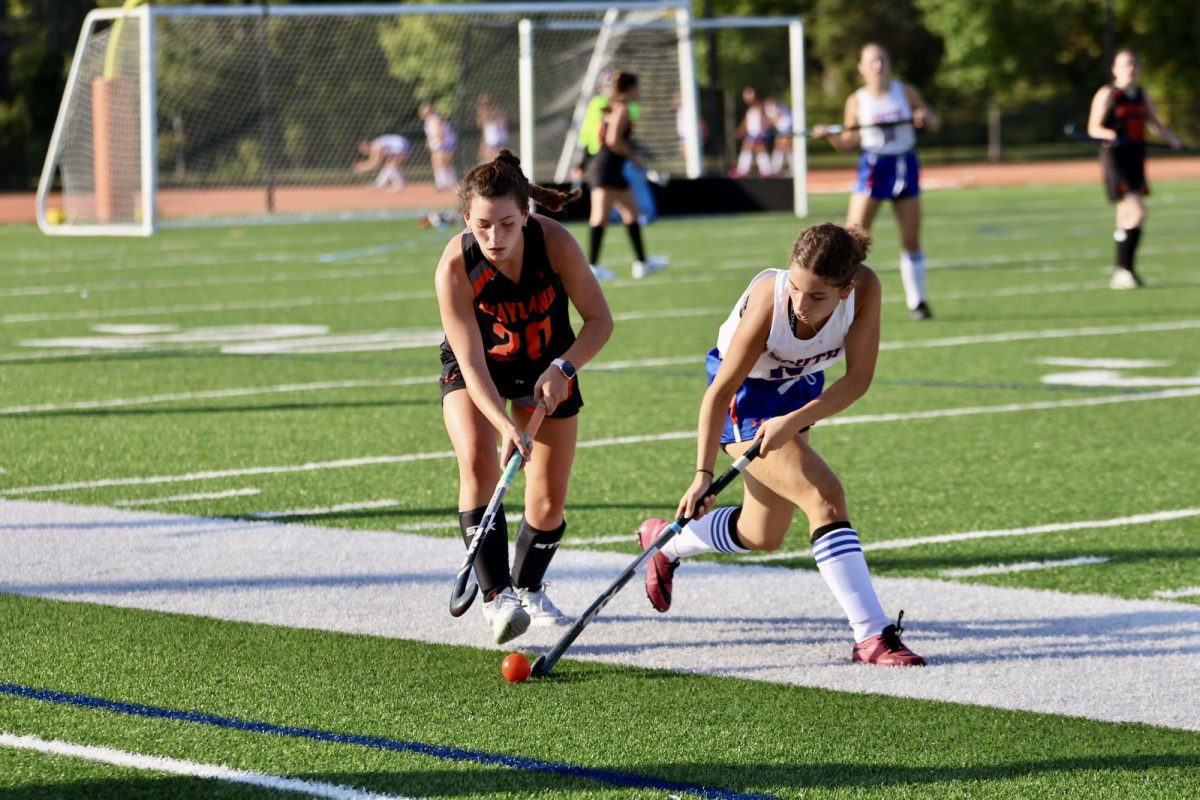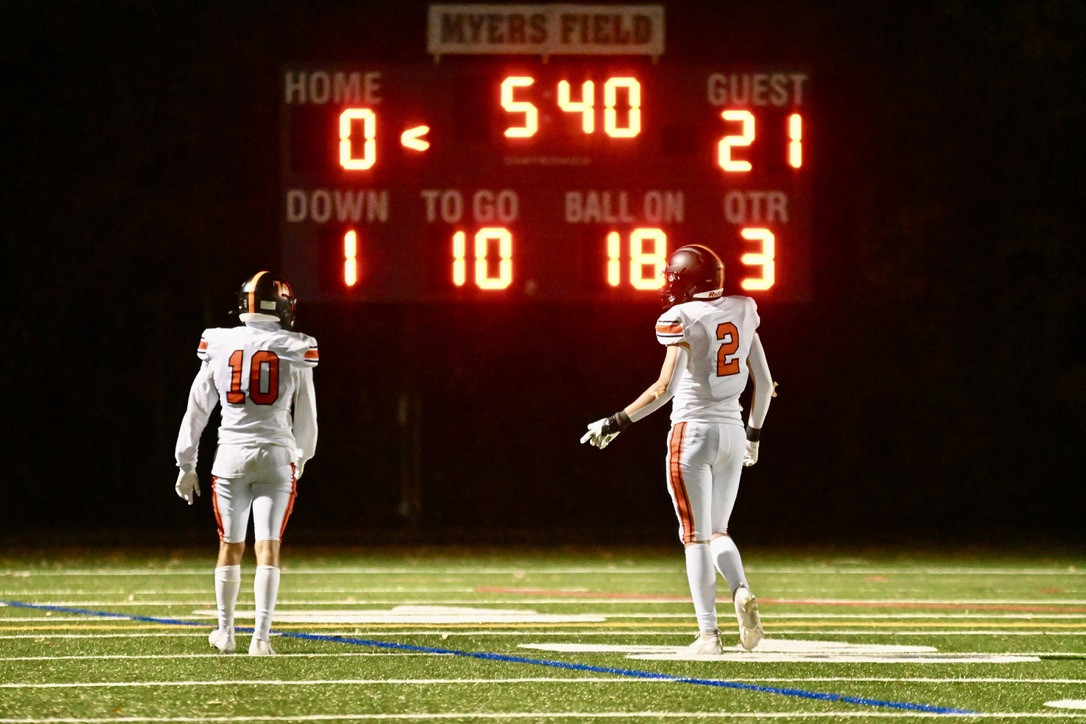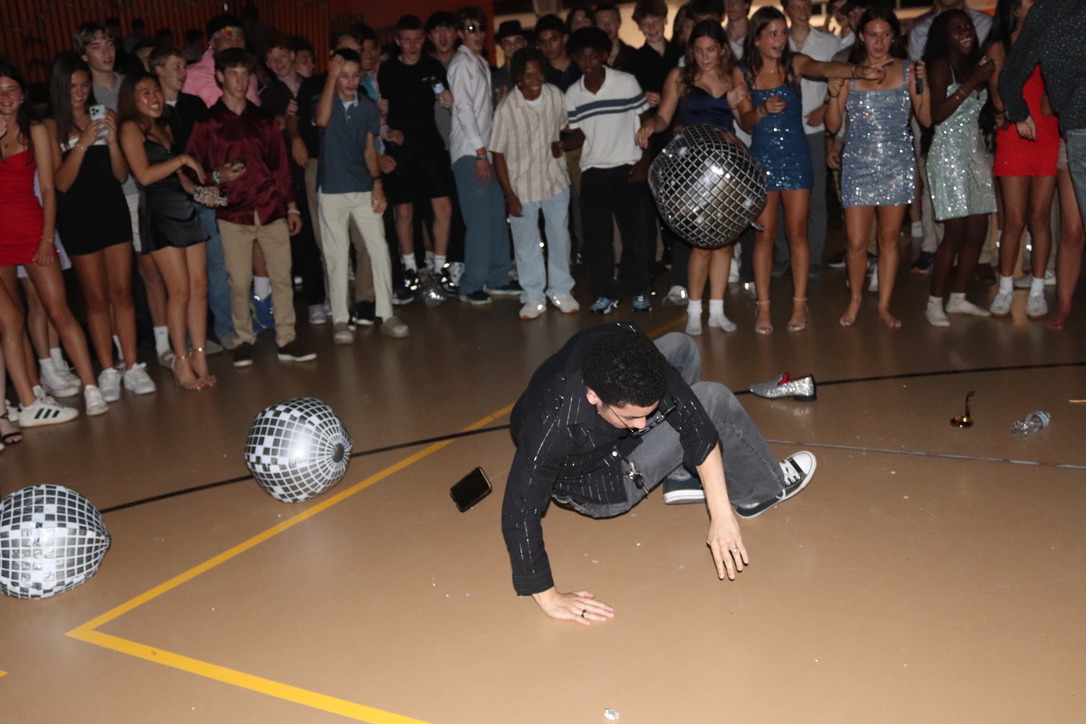
The H1N1 flu vaccine became available across the United States last month. On October 1 the vaccine was released to health care workers. On October 6, it became available to those who would be the most susceptible to the virus, such as young children and the elderly.
While supplies are only trickling in for some areas, other groups have been able to access the vaccine.
The vaccine has been long awaited since every state in the US has reported cases of H1N1 and in 38 of the states the cases are widespread according to the Centers for Disease Control.
Surprisingly, young people are more vulnerable to this strain of flu than the elderly. In a study done by the Massachusetts Department of Health and Human Services, it was shown that more cases were found among children aged 5-18 than in any other age group.
Schools plan to make the vaccine available to their students as soon as the supply allows.
According to the European Centre for Disease Prevention and Control, as of October 12, 4,675 people have died from the H1N1 virus worldwide. In the United States 76 children have died as a result of the disease. About this many children die from the ordinary flu in an entire flu season, which ends in May.
Even with these startling numbers, many parents do not want to get their children vaccinated. According to a poll by the Associated Press, more than a third of parents do not plan to vaccinate their children. 38% of parents feel that the vaccine is unsafe and do not want to give it to their kids.
Many parents cite concerns that the vaccine, like any other vaccine, is a live virus and that it could cause their children to contract the disease. Another concern is that the vaccine came out too quickly; some parents feel that it may not have been sufficiently tested. Doctors say that this is not the case and that the vaccine is safe.
The possible side effects of the vaccine include sore arms, fevers, and in rare cases, the Guillain-Barré Syndrome, a disease of the nervous system which can be fatal. The flu itself can also cause this syndrome and it is much more easily acquired from the flu. The vaccine is not widely available yet, but doctors advise their patients that they should get the vaccine if they can.
When asked if they had any concerns about the H1N1 vaccine, most WHS students polled said that they did not and would get it if they could. One 10th grade conservative, however, said “The best vaccine is to just get the disease; the regular vaccine could actually give you the disease too.”
While some are avoiding the vaccine, others are lining up to take it, at times causing waits of many hours and some disgruntled patients. One parent noted, “I have tried numerous times to get the vaccine for my teenagers; my pediatrician’s website says they have the vaccine, and two hours later it has run out. They are only getting about 100 doses at a time.”
Click here to read an interview with WHS Nurse Amy Schoeff on the H1N1 vaccine at our school.































